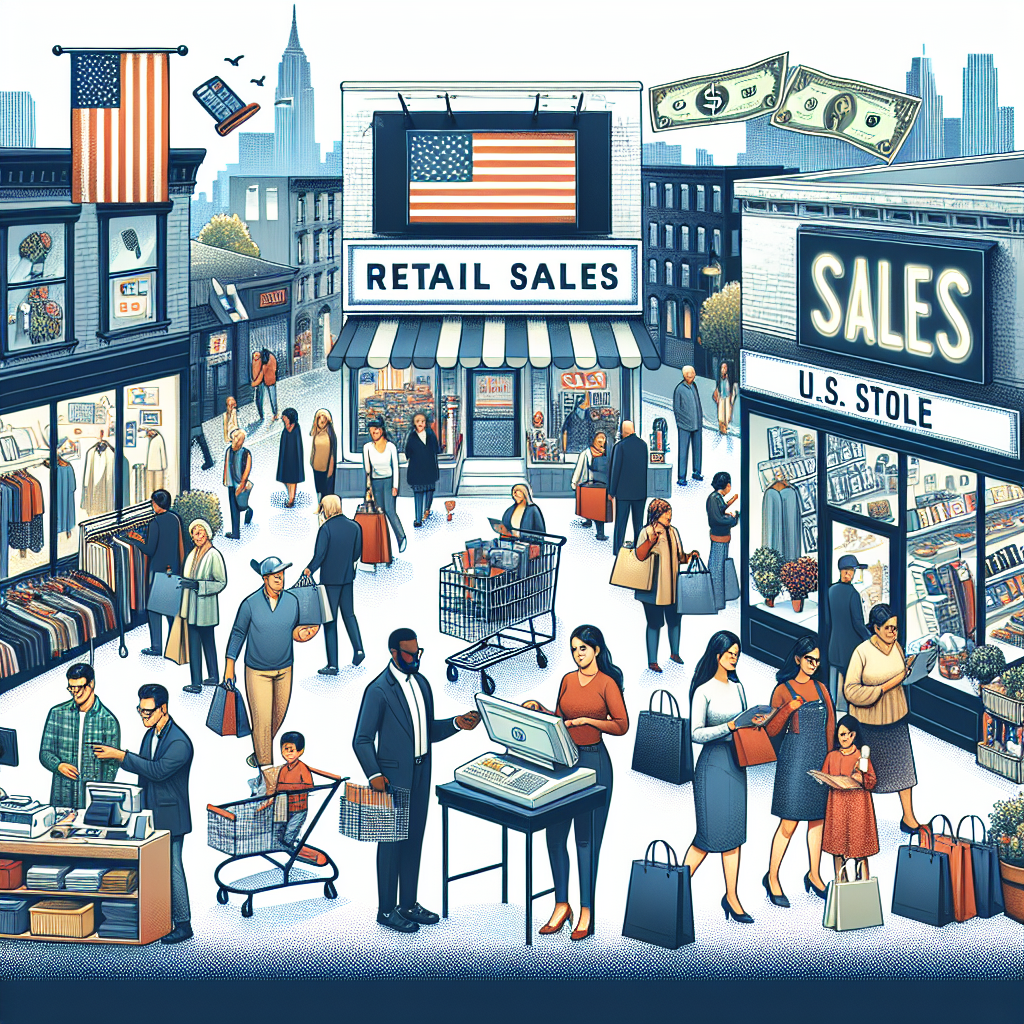Economic Uncertainty: U.S. Retail Sales and Tariff Impacts
U.S. retail sales fell more than expected in May, influenced by decreased motor vehicle purchases and lower gasoline prices. Despite solid wage growth, consumer spending might remain moderate amid global economic uncertainties, including tariffs and geopolitical tensions. This situation raises risks to consumer spending and economic recovery.

- Country:
- United States
U.S. retail sales experienced a significant decline in May, marking a drop of 0.9%, according to the Commerce Department's Census Bureau. This downturn was primarily attributed to a decreased demand in motor vehicle purchases and reduced gasoline prices, amidst ongoing tariffs and geopolitical uncertainties.
Economists had predicted a slight decline in retail sales, forecasting a 0.7% decrease. However, the reality outpaced expectations, highlighting the volatility in consumer spending patterns. The Federal Reserve is closely monitoring the situation as they embark on a policy meeting to assess economic impacts.
Though core retail sales showed a modest increase, the broader economic outlook remains cautious. The labor market, fluctuating oil prices, and changing import patterns contribute to ongoing uncertainty, posing potential risks to the anticipated economic rebound in the upcoming quarters.
(With inputs from agencies.)
ALSO READ
Power sector key to driving India's economic growth: CAG
Chhattisgarh: A Beacon of Balanced Economic Growth
Economic Growth Debate: EPS vs. Stalin on Tamil Nadu's Industrial Projects
Brazil-India Biotech Collaborations: Inking Deals for Medical and Economic Growth
U.S. Economic Growth Faces Slows but Stays Stable Amid AI Investments










